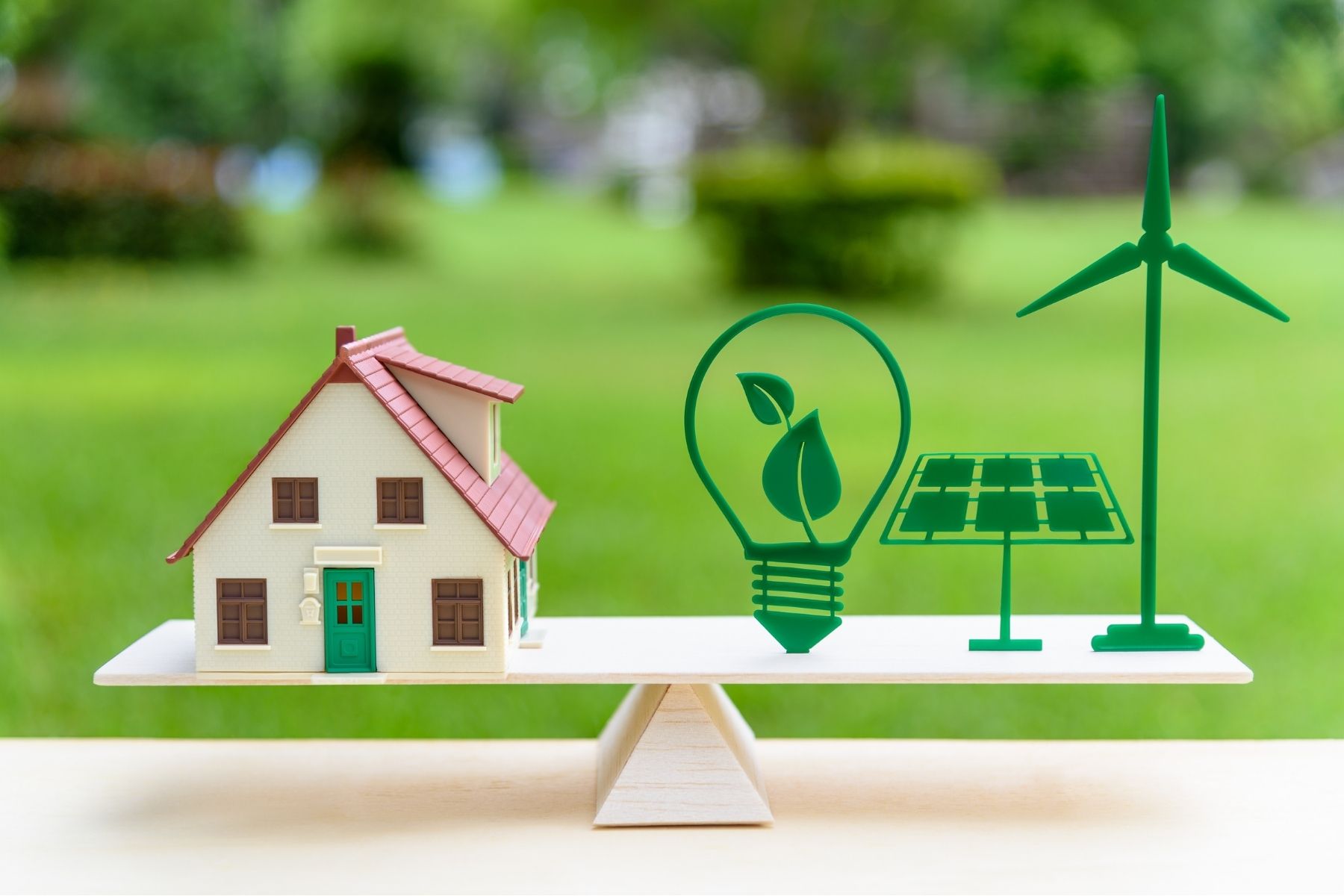
Energy efficiency means using less energy to perform the same task. Energy efficiency upgrades to homes and apartments bring a variety of benefits including reducing greenhouse gas emissions and lowering costs on a household level. Examples of energy efficiency upgrades include replacing older windows, improving home insulation, or even switching to heat pumps for heating and cooling.
Everyone should have access to energy efficiency upgrades and affordable utilities regardless of their race and income, but underserved and language-isolated communities struggle with high electricity bills while wealthier suburbs access the state’s energy efficiency services at 6–7 times the rate of low and moderate income communities and communities of color.
As part of the Green Justice Coalition, Clean Water Action has been working to push Mass Save to reach low to moderate income folks, immigrants, people with English isolation, and renters. We will continue to:
- advocate for more engagement with trusted community organizations to build widespread confidence in the Mass Save program and connect directly with non-participating customers.
- highlight the need for more translated materials for non-English speakers.
- insist that the utility companies dramatically reconfigure their outreach strategy, prioritizing non-participants, like renters, in these communities.
Bridging the Gap: Helping Communities Access the Mass Save Energy Efficiency Program
Clean Water Fund is working specifically in the communities of Fall River, New Bedford, Westport, Taunton, and Attleboro to address energy efficiency inequities for renters and income-eligible residents through a multi-layered effort to increase awareness about and enrollment in the Mass Save program among low- and mid-income and language-isolated residents, renters, landlords, and small businesses. Our outreach efforts include door to door canvassing, community workshops, targeted social media posts, and small business engagement with the goal of educating priority residents within these communities about Mass Save and helping them sign up for appropriate programs. Energy efficiency upgrades reduce energy consumption AND save money, and Clean Water Fund is ensuring that this win-win program is accessible to everyone in the state, particularly low-income households.
Residents of Attleboro, Fall River & Taunton - learn more!
Residents of New Bedford & Westport - learn more!
Massachusetts 3 Year Energy Efficiency Plan
Since 2010, the Massachusetts Energy Efficiency Advisory Council (EEAC) has been overseeing energy efficiency plans for the state. Clean Water Action will continue to work with partners from the Green Justice Coalition to ensure an equitable implementation of the current 3 year plan. Increasing access to the state’s energy efficiency programs benefits everyone. Individuals gain more affordable heating and cooling systems and healthier homes. And we all benefit from the reductions in household emissions.
Nonparticipants in energy efficiency programs are more likely to be renters and to reside in smaller multi-unit buildings. Many of them struggle to afford high energy bills and live in homes with decades-old heating oil tanks. With the current cost of fossil fuels, we need to make the process of switching to heat pumps as easy as possible for renters and landlords. Clean Water Action will be working with members of the EEAC’s Equity Working Group to implement the proposed outreach strategies outlined in the EEAC’s Renter’s Strategic Plan.
Additionally, we will continue collaborating with our environmental justice partners to ensure that the proposed Language Access Plan (currently under development by the EEAC) creates direct pathways for engaging language isolated customers in historically underserved communities.
Finally, we will evaluate the new outreach strategies and programs that have been developed and implemented by the Mass Save program administrators and provide thorough feedback regarding mid-course modifications to address any equity gaps.
